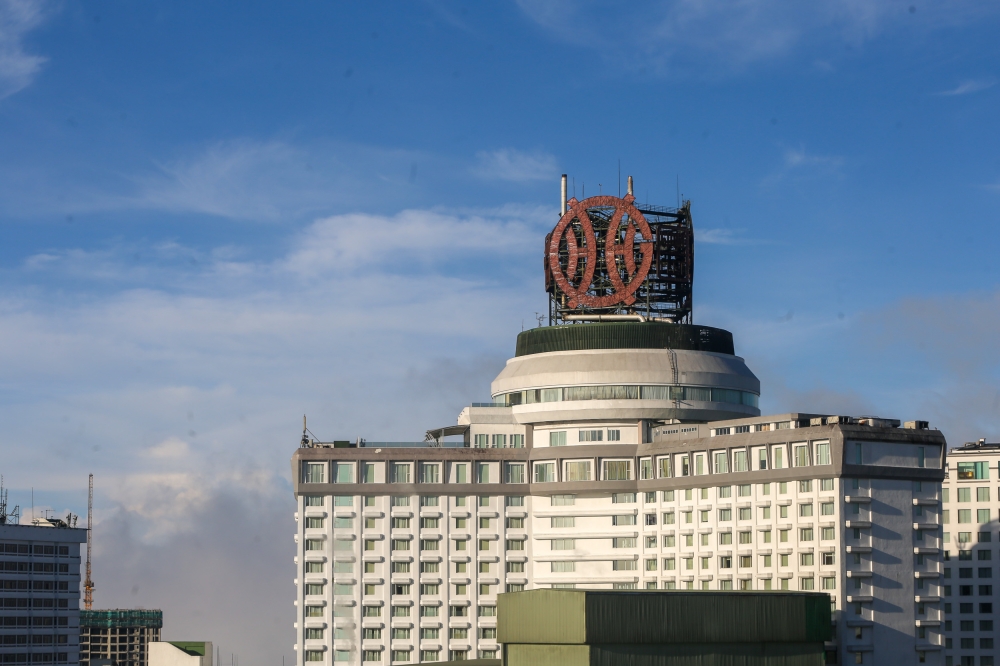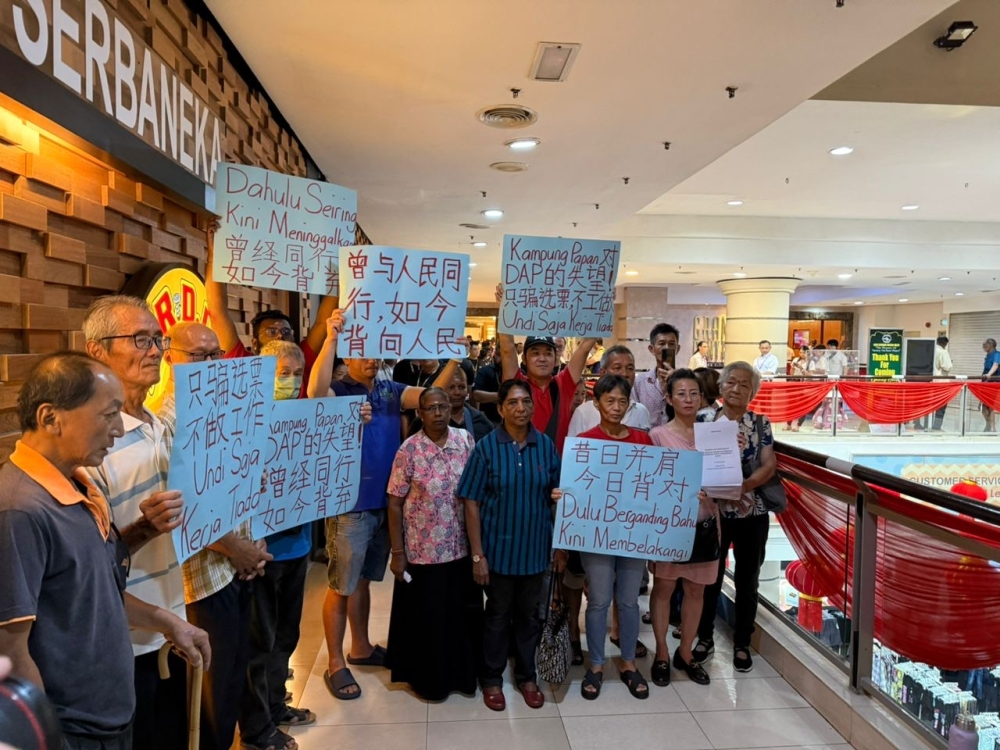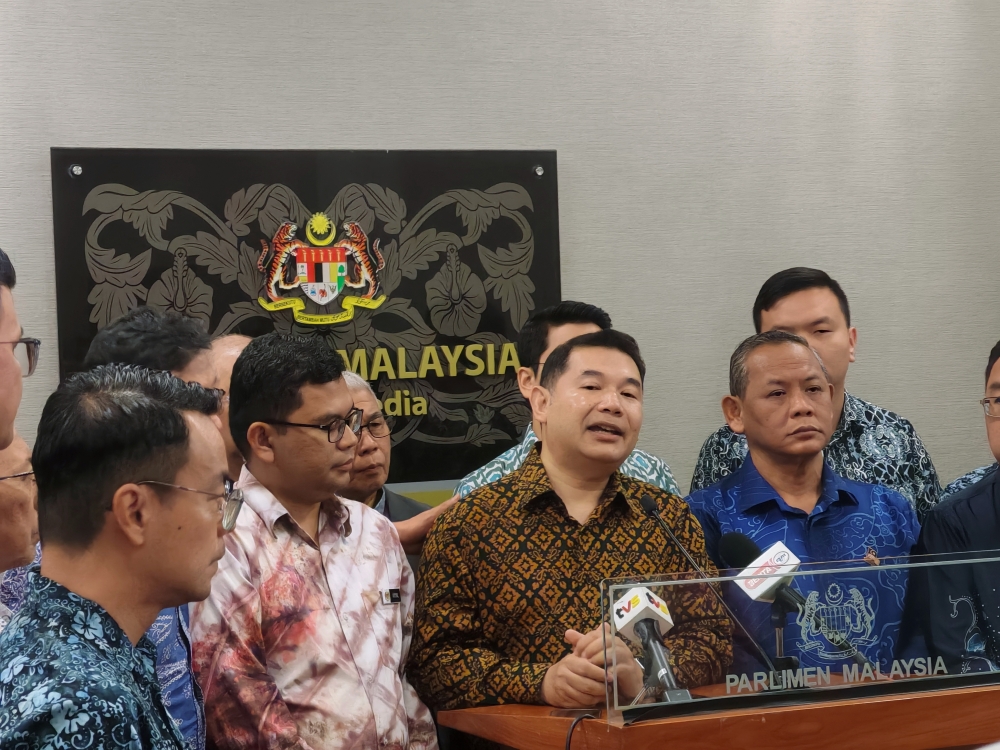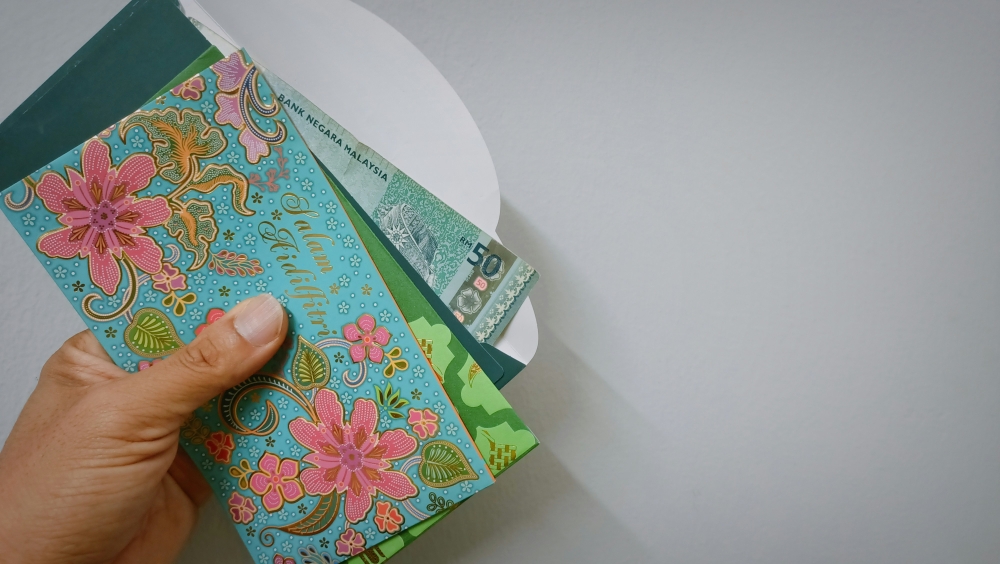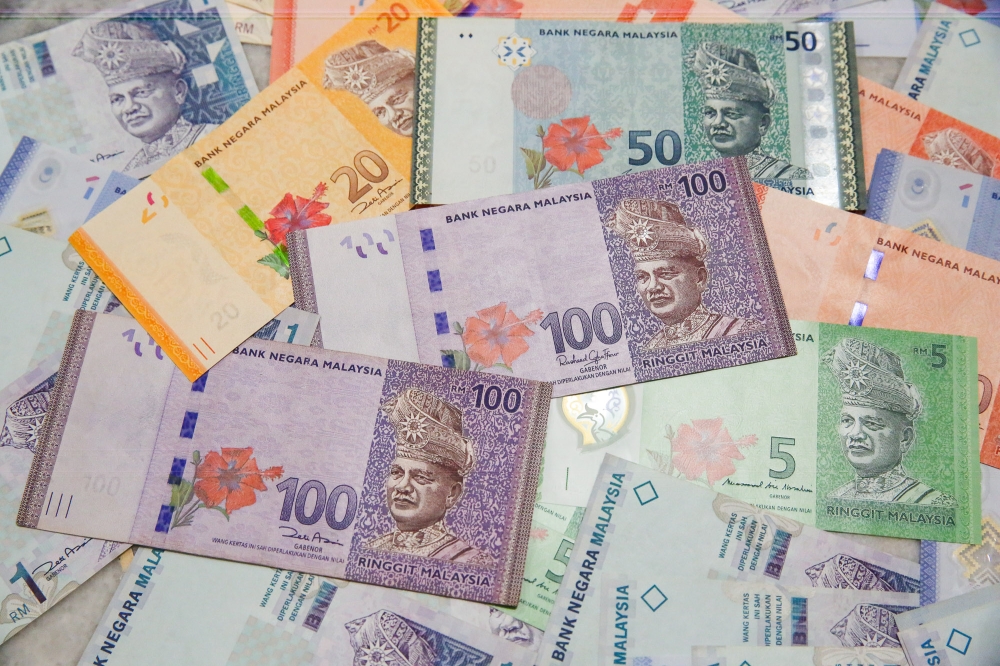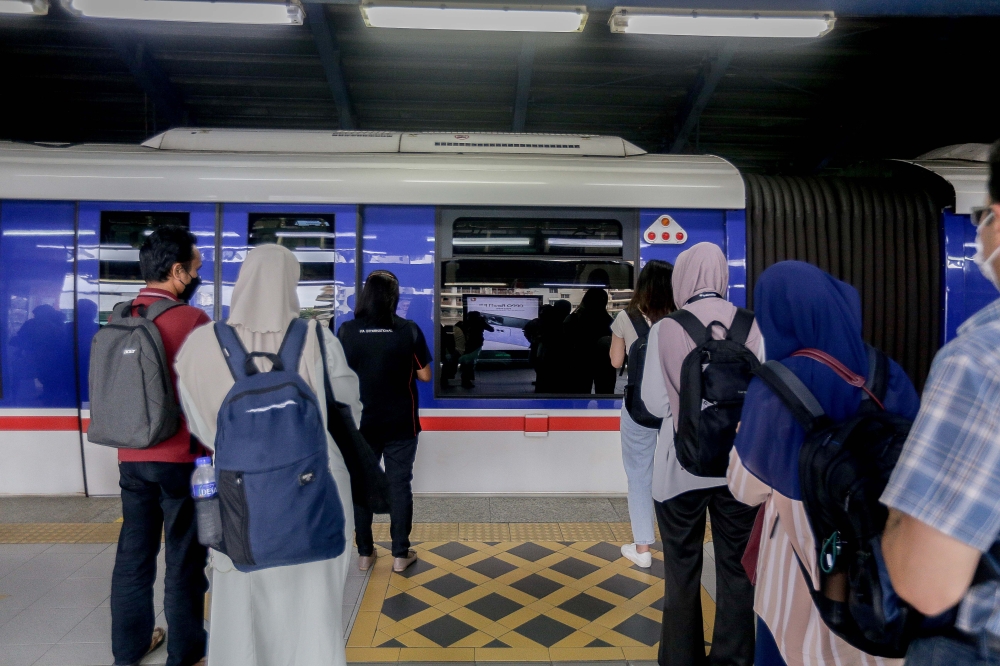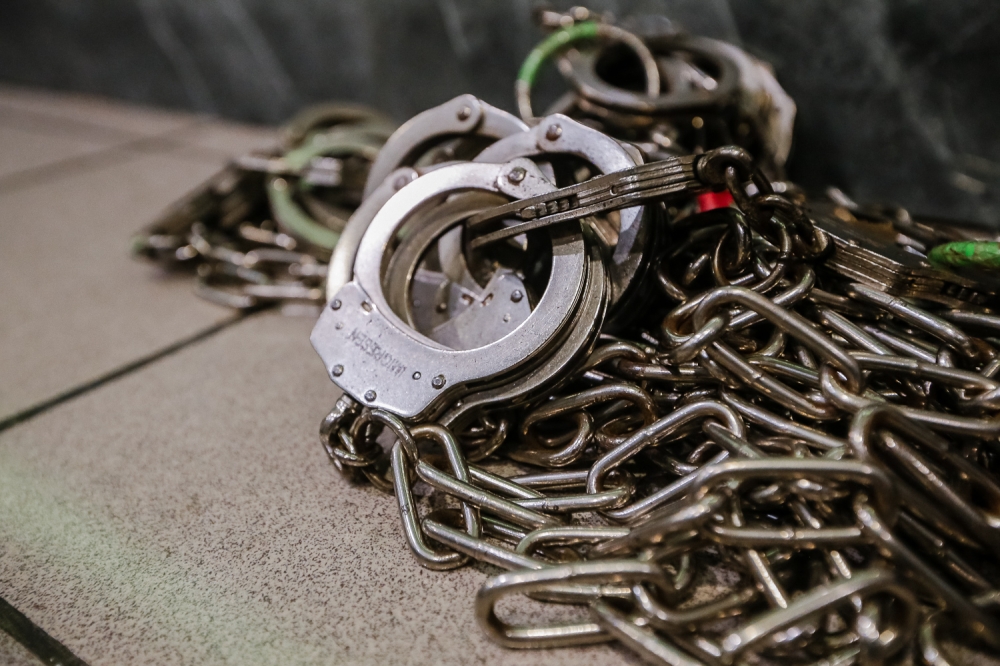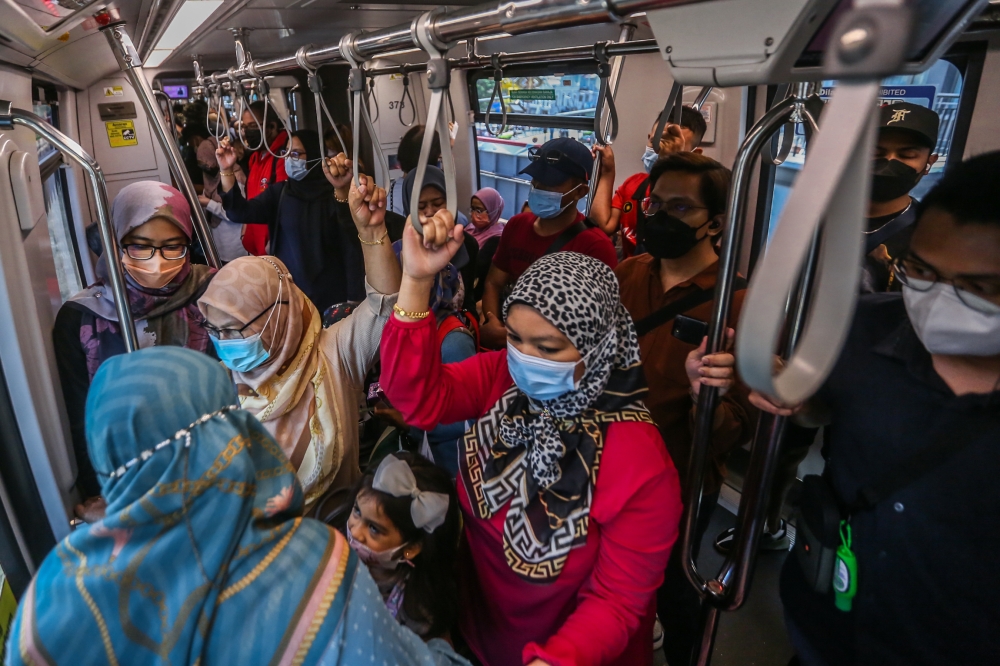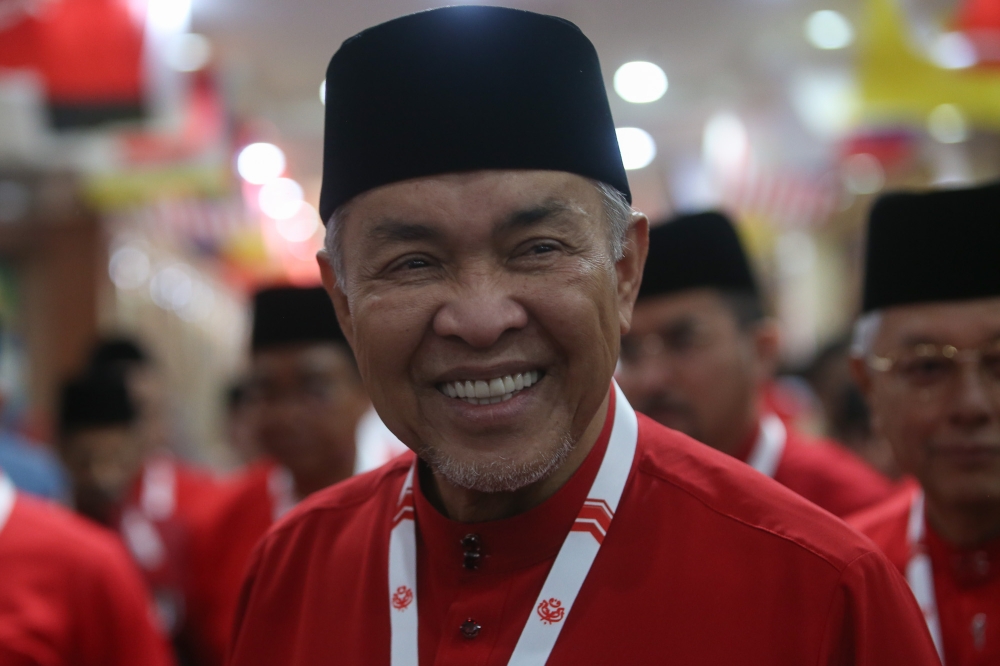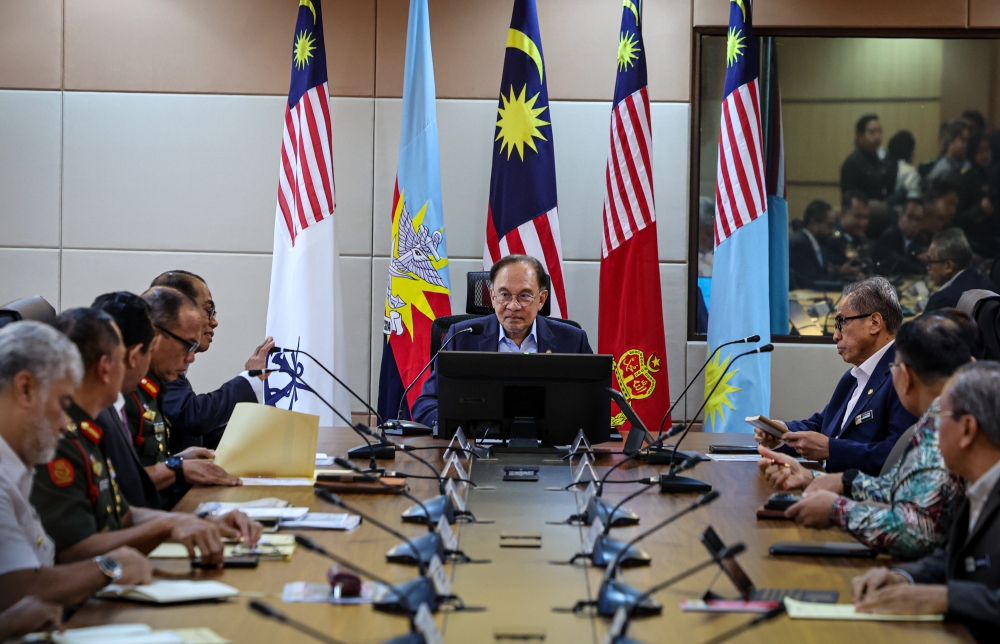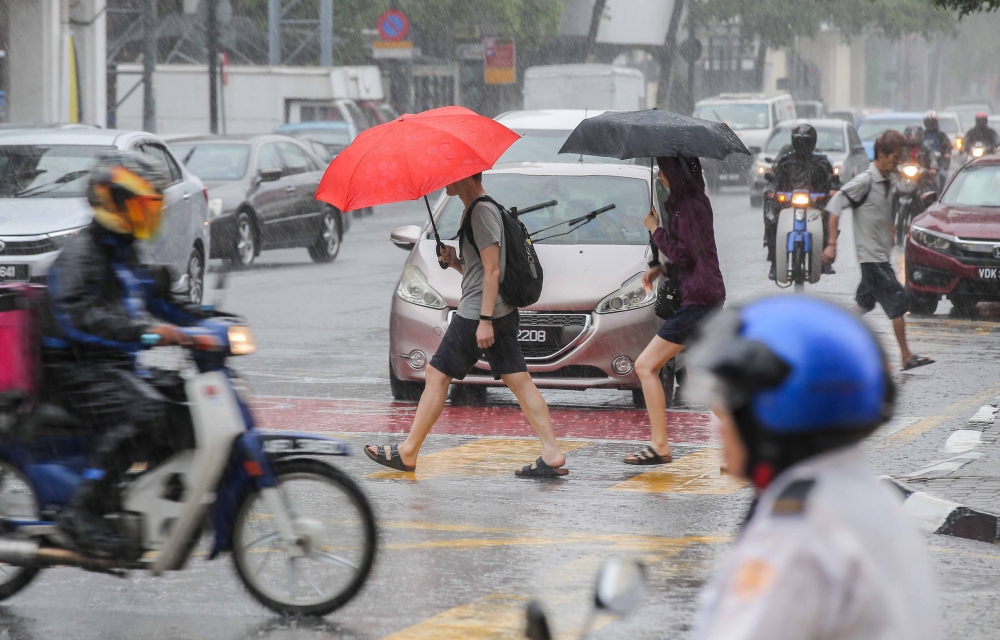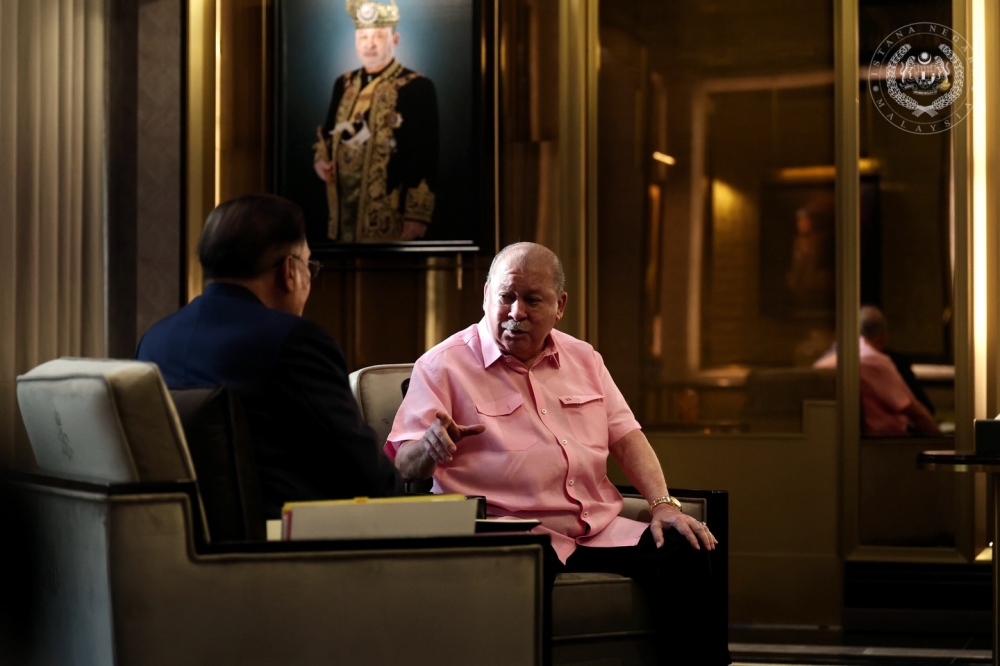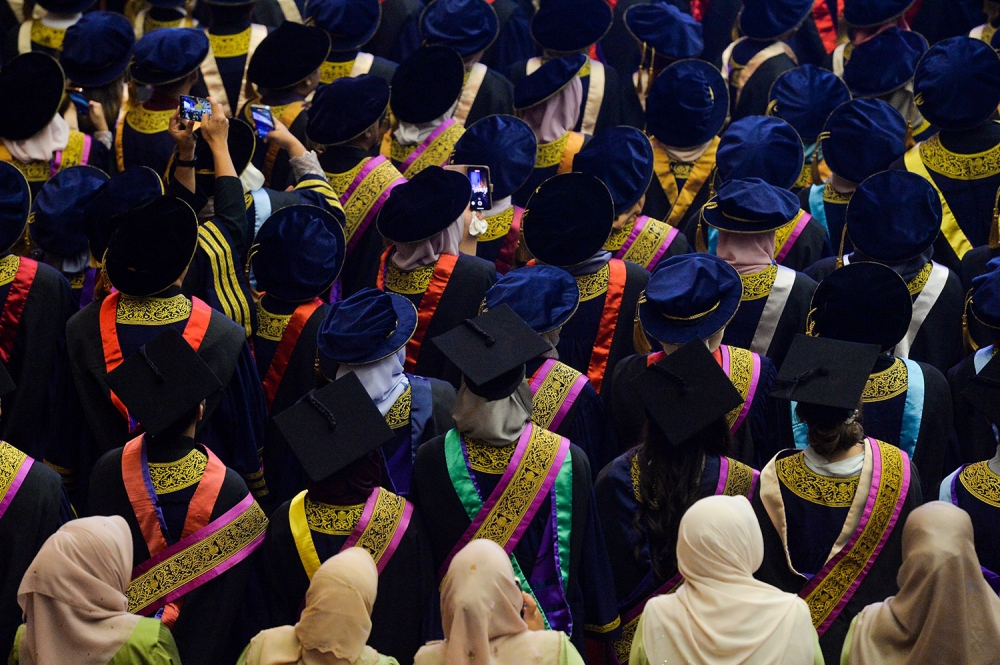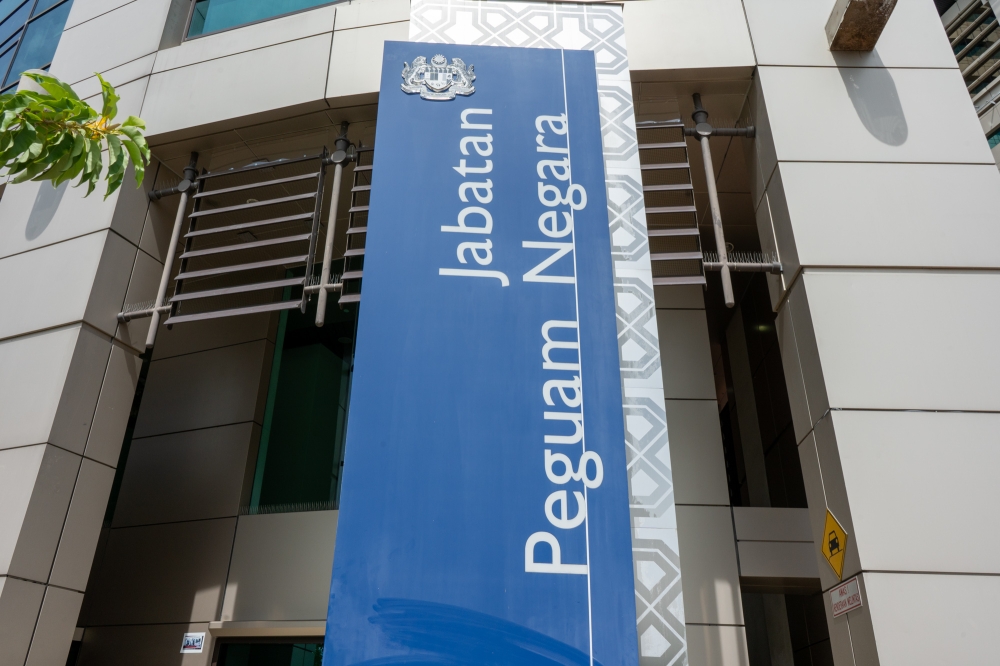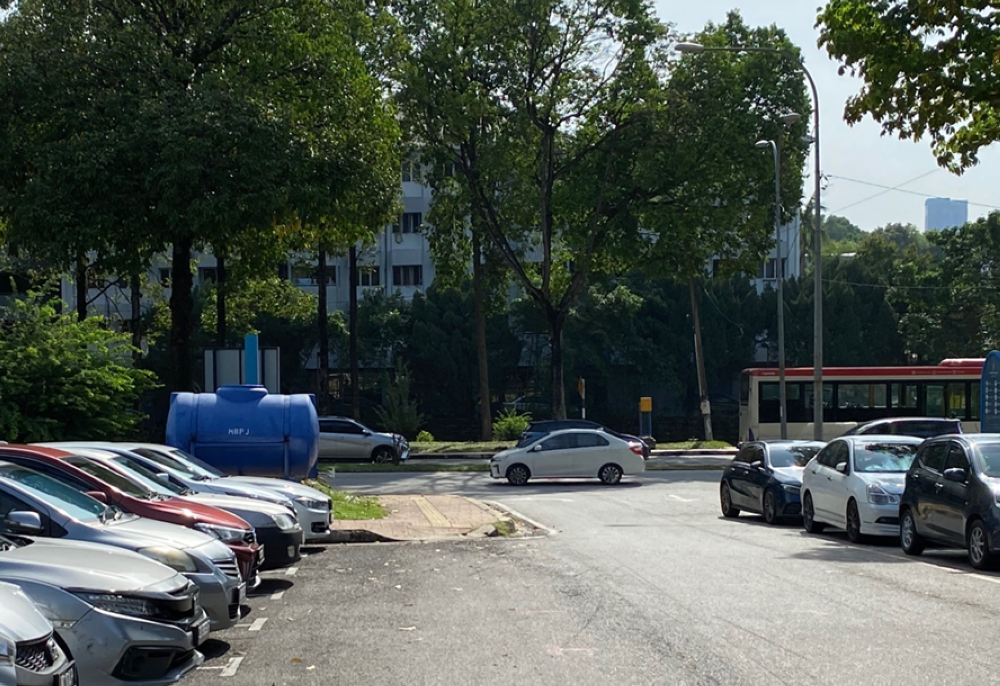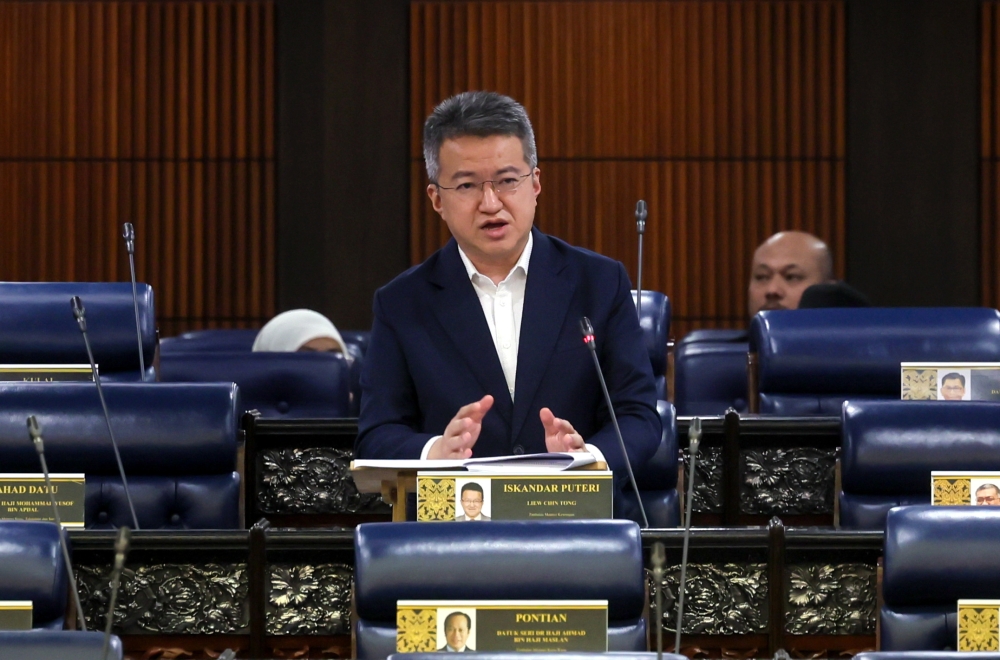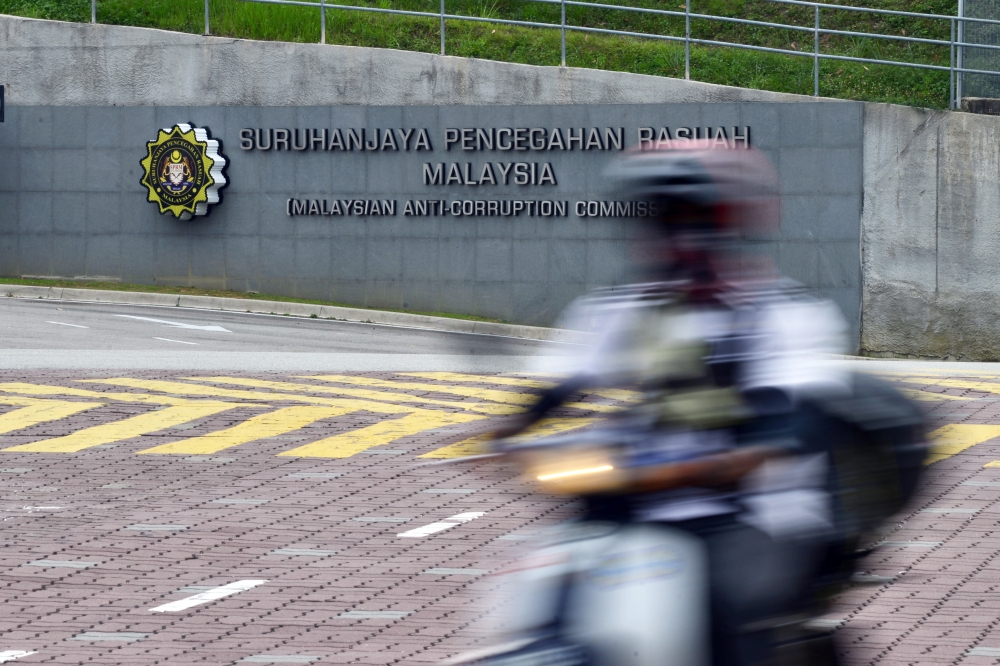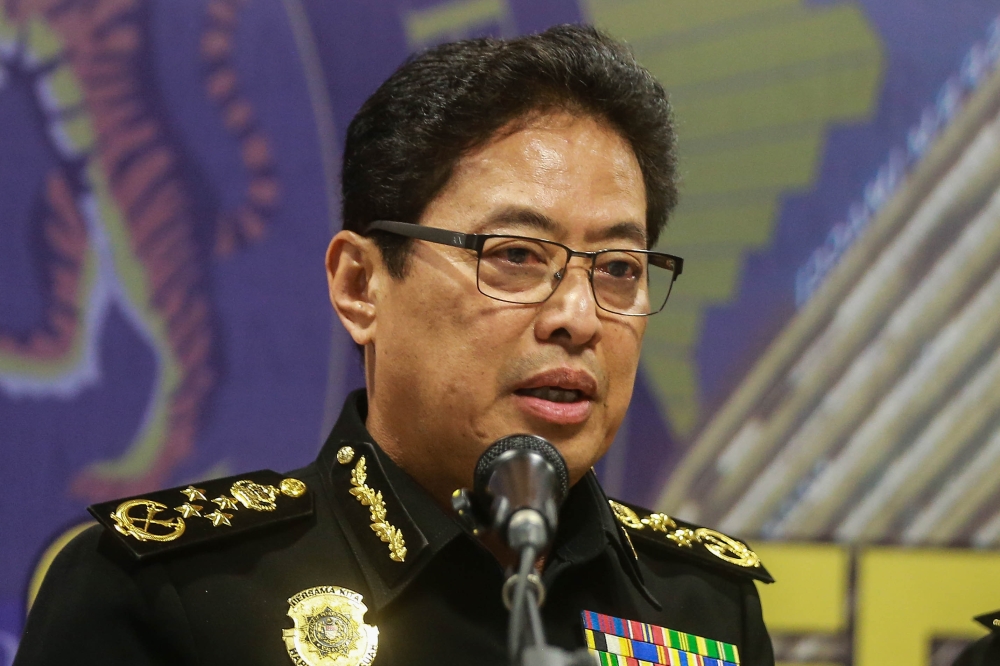APRIL 8 — As with the caning of two lesbians in Terengganu last September, some have dismissed criticism of Brunei’s new laws as Islamophobic, colonialist, or Orientalist. Common defences of the laws include reminders that Western nations have been, and continue to be, guilty of human rights violations of their own.
This is true, but surely decolonisation should not constitute a fight to be as brutal as our oppressors have been.
We should expect better of ourselves than the right to cut off people’s hands in the name of Islam because King Leopold’s men in the Congo did so in his name. Neither is the claim that Brunei is “an Islamic country” enacting “Islamic laws that affect only Muslims” be accorded any ethical legitimacy.
First of all, what happens to Muslims is not the business of only Muslims. Just as many non-Muslims oppose atrocities committed against Muslims in Palestine, Myanmar, and China, we oppose the threat of brutality against Muslims in Brunei. Should we care about Muslims only when they are wronged by non-Muslims?
Second, it is factually untrue that these laws will affect only Muslims: A law against apostasy affects non-Muslims. Apostates are, by definition, non-Muslims. And we’re not just talking about apostates: Australia’s Department of Foreign Affairs has issued a statement that the laws will affect “Muslims, non-Muslims, and foreigners even when on Brunei-registered aircraft and vessels.”
In her April 4 article for the South China Morning Post, Tashny Sukumaran suggests that Western media and celebrities are overreacting to the news from Brunei. Ordinary Bruneians are unconcerned by these laws, she argues, going on to interview a number of citizens and residents who confirm her view.
But this approach is deeply problematic in several ways.
People who are steeped in a system — whether that system is white supremacy or Southeast Asian autocracy — are unlikely to acknowledge its quiet cruelties. Bruneians have the privilege of wealth and safety in exchange for democracy; just like affluent Singaporean Chinese, they should be the last people we turn to for a condemnation of the moral bargain they have made.
Moral standards should not depend on public opinion. (In Israel, too, public opinion has gradually shifted from support for the peace process to support for the occupation, which is — according to a Guardian article from last month — “rapidly becoming a mainstream idea.”)
As others have said about white supremacy: Ask a fish about the water it swims it and it will ask you, what’s water? If this is true even in societies that protect freedom of expression, why would we expect people accustomed to the suppression of democracy, in a country run by despots, not only to perceive the moral deficiencies of the system, but to speak up against it?
Nothing, we are meant to believe, will really change in Brunei. Brunei is not Saudi Arabia; the Sultan has not killed anyone; these laws are nothing more than a bit of harmless sabre-rattling to maintain royal power at a time of falling oil revenues.
But to accept this defence is to believe that the letter of the law carries no weight whatsoever. If we recognise that the first step to protecting minorities is to put their rights on paper, then it follows that harsh laws on paper open the door to brutality in real life.
Someone, somewhere, may find those four witnesses when he needs them badly enough. And until then, denying people the right to live freely and openly has real consequences.
If we have any doubt that the fight for equal rights has more than cosmetic or entertainment purposes, we need only to ask the LGBTQ citizens of Malaysia, where it is also true that there is a large and vibrant LGBTQ community.
To argue that only some citizens deserve official rights, while others should be content with a system that only threatens but has not punished yet: This is dangerous moral ground indeed.
* This is the personal opinion of the writer or publication and does not necessarily represent the views of Malay Mail.

